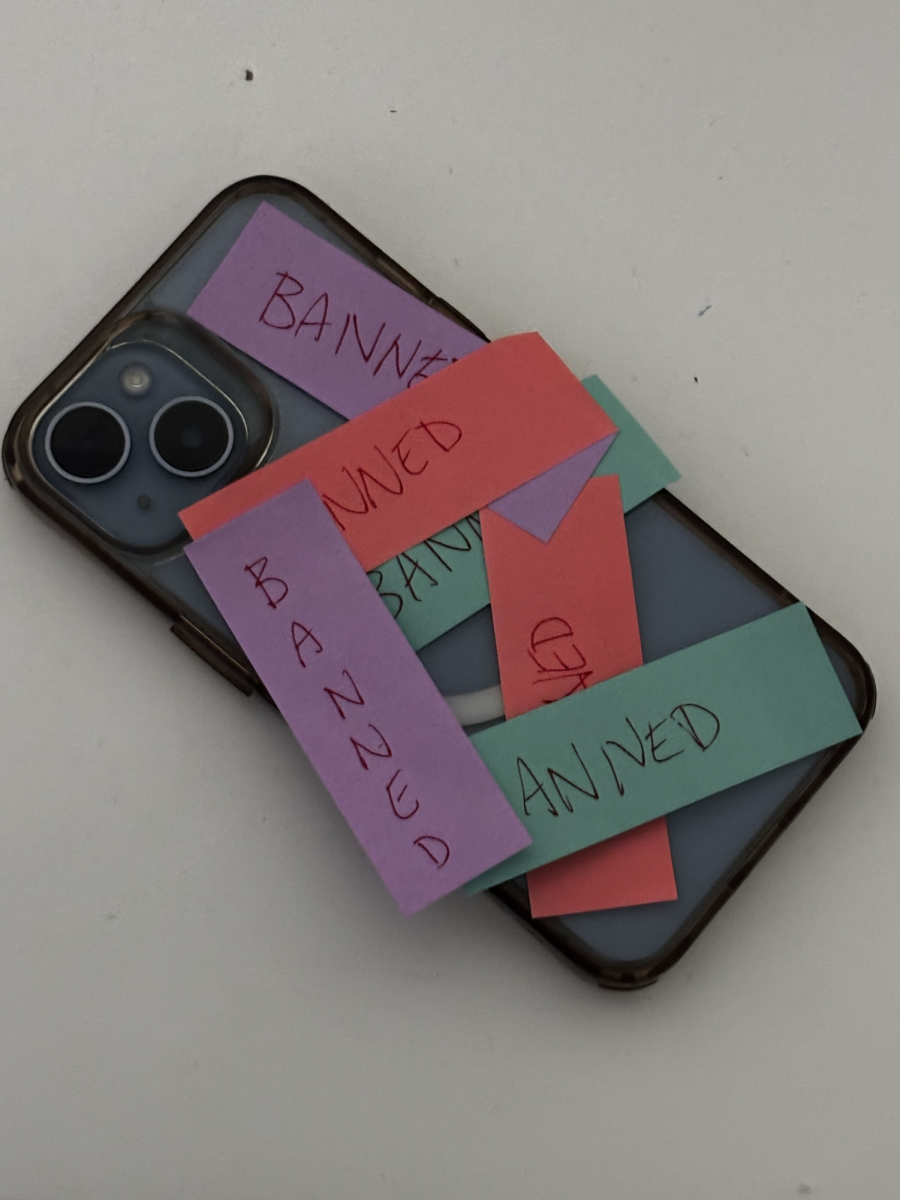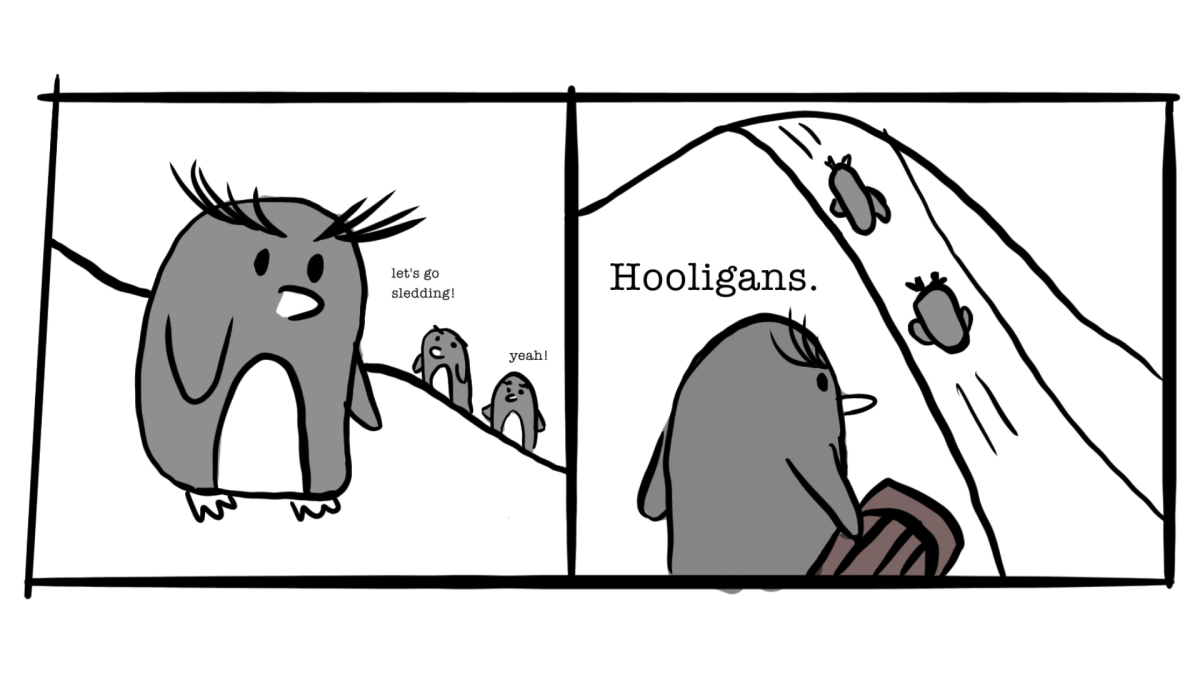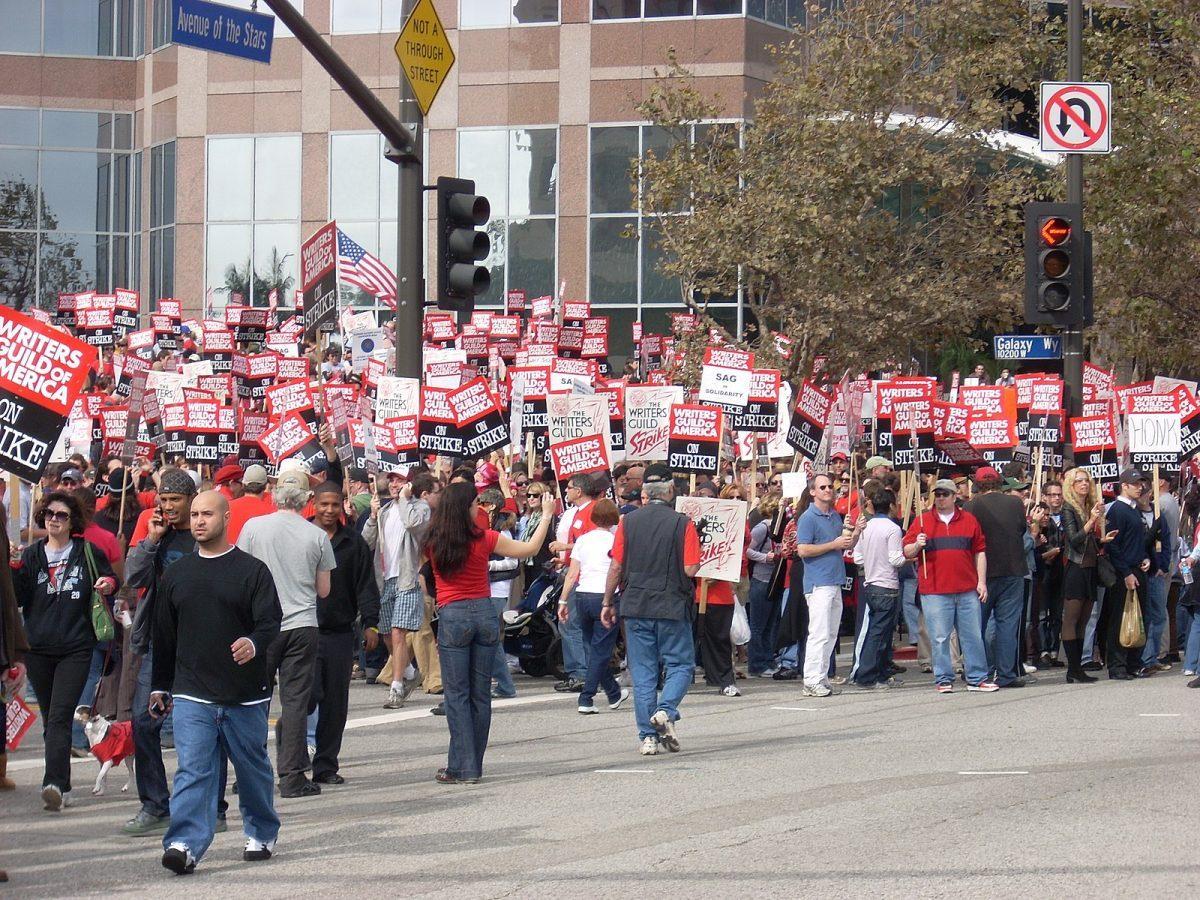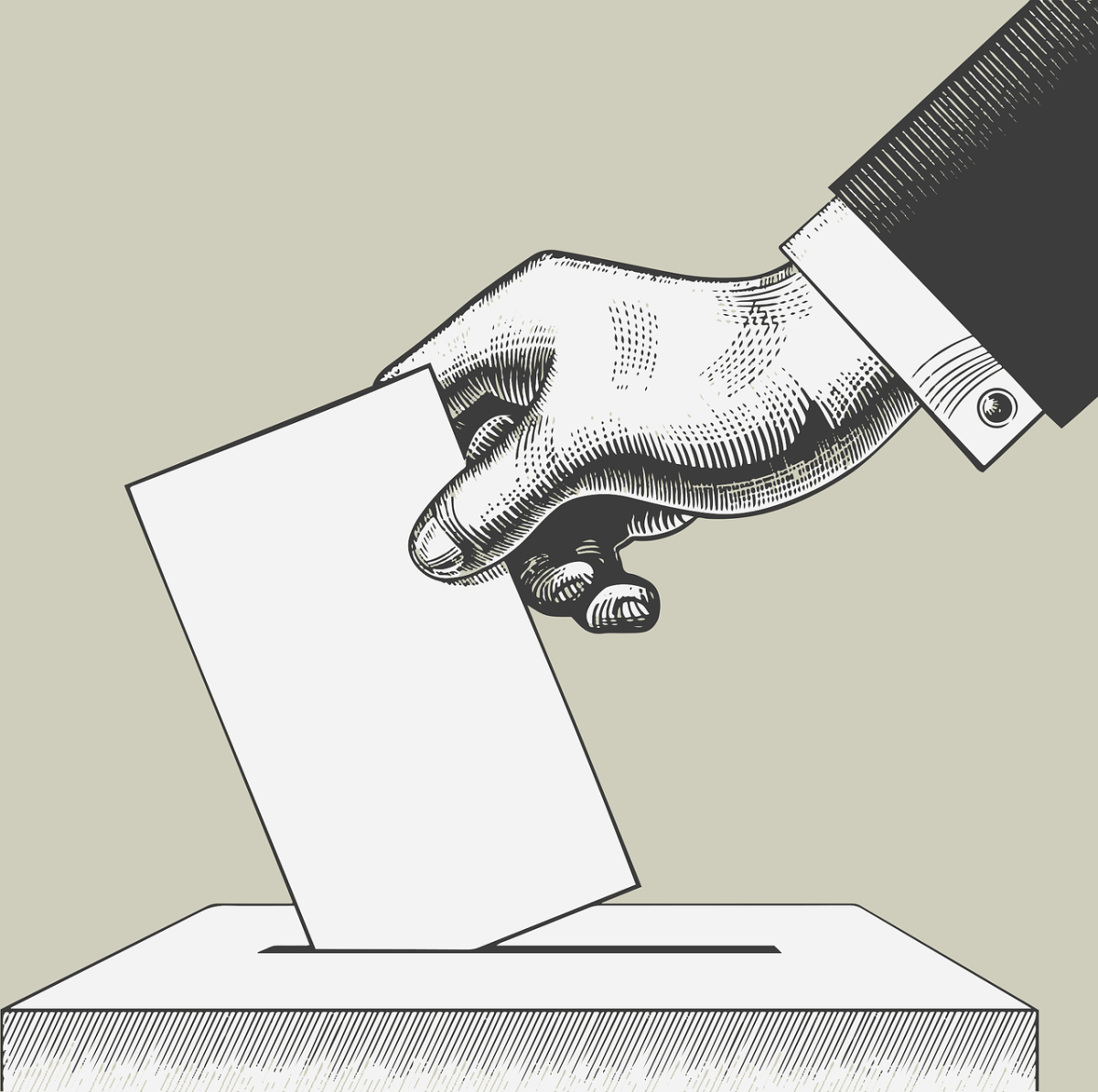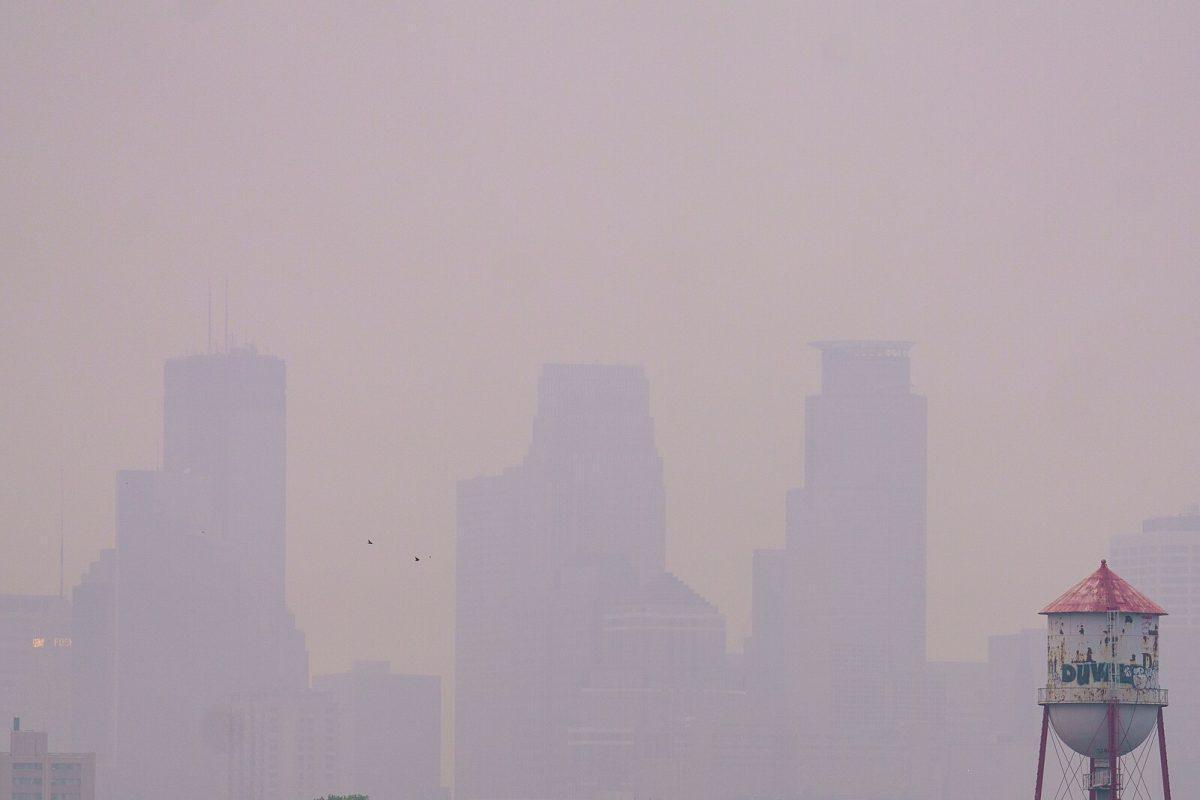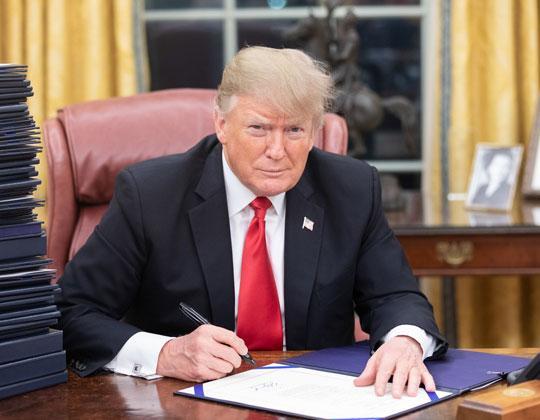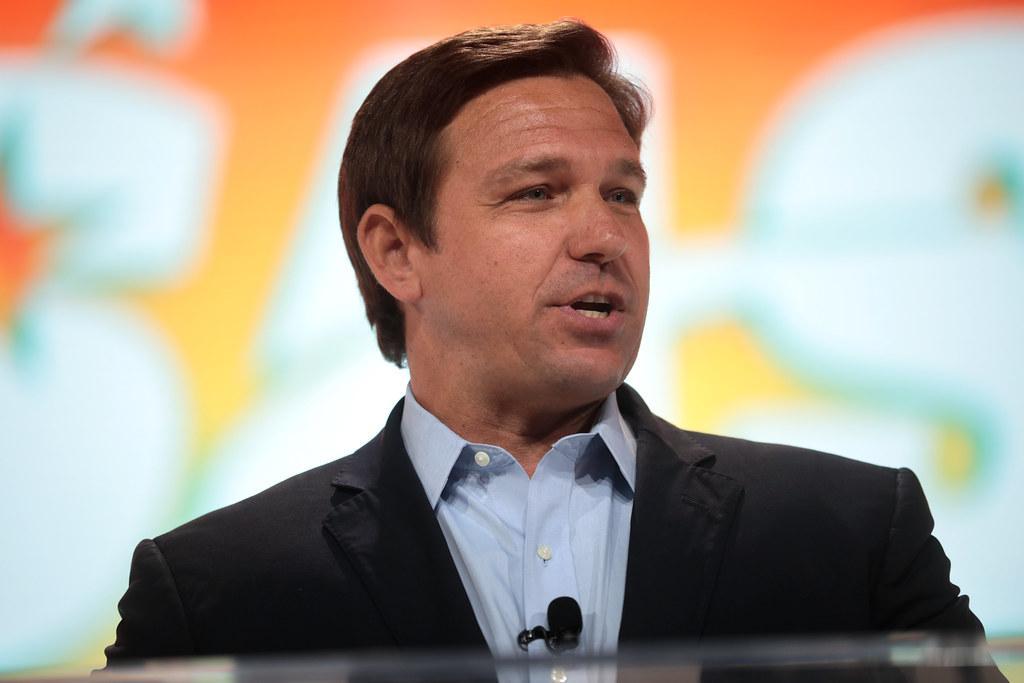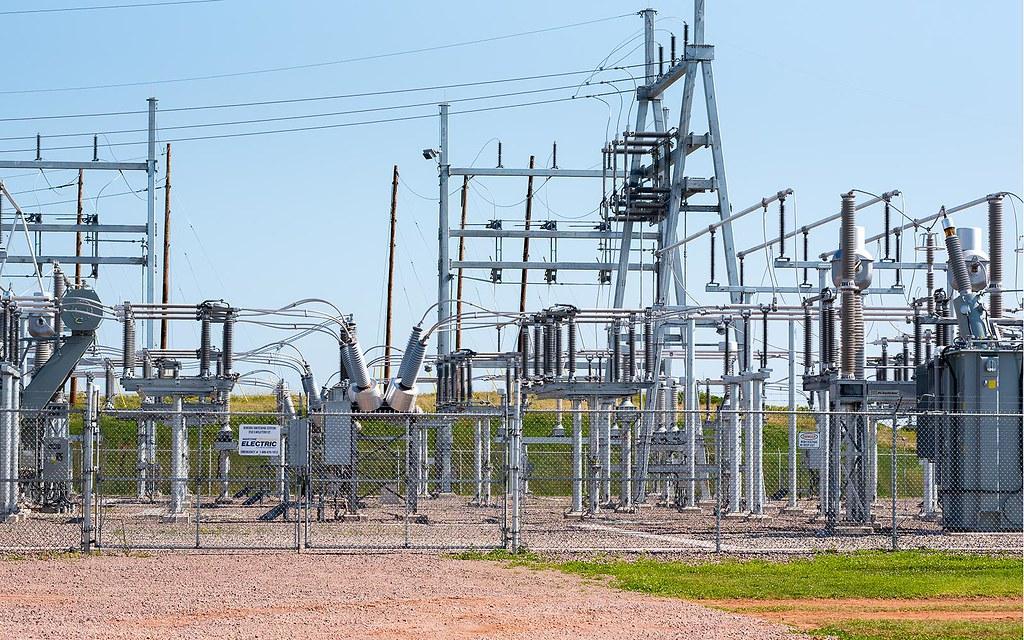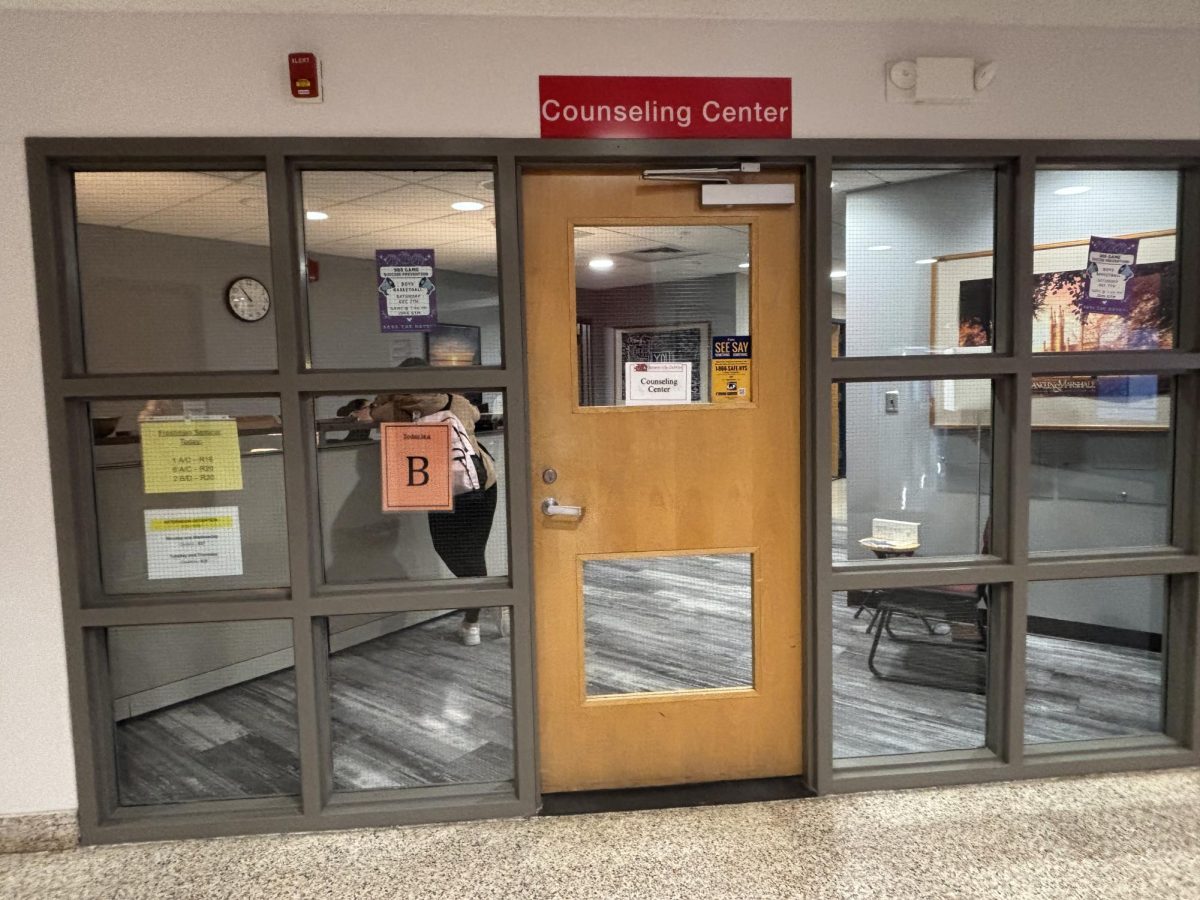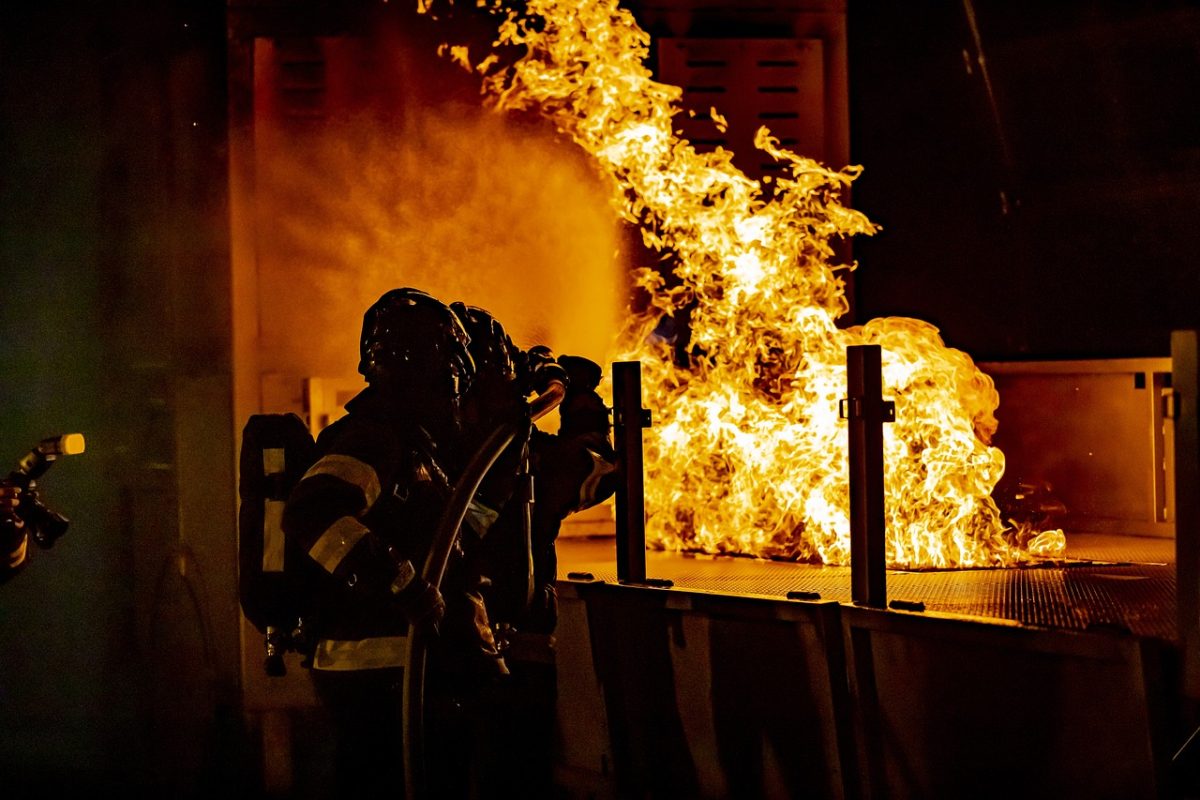By Contributing Writer Riley Kim (’24)
Recently there has been commotion in Hollywood and the entertainment industry as a whole over the recent Writers Guild of America (WGA) strike. The writers went on strike after six weeks of failed negotiations with the Alliance of Motion Picture and Television Producers, a body that represents major Hollywood studios and production companies like Discovery-Warner, NBC Universal, Paramount, Sony, Netflix, Amazon, Apple, and Disney.
One of the Guild’s key demands is for higher compensation. Median weekly writer pay has declined 23% over the last decade when adjusting for inflation. A writer named Amanda Mercedes told Today, “Our wages have been falling in the last few years as the streamers’ profits have been skyrocketing.” Writers want better pay as streaming services’ income continues to rise and also are seeking increases to pension plans and health funds.
Another couple of key demands of the strikers are for shorter exclusivity deals and for assurance of job security in the face of AI development. The assurance on AI means that the producers and the Alliance will agree to safeguards around its usage so as to not impact writers’ jobs. Many of the rules around TV writing are still based on a now increasingly outdated model. Writers might have once expected to spend almost a year working on a 22 to 25 episode season of broadcast TV. Now, the average season is much shorter. Popular shows like “Bridgerton” might have only eight episodes. Not only does that diminish writers’ per-episode pay, but it can also limit them from working on other programs if they’re tied to longer terms of exclusivity.
Many shows are impacted by this strike. Some shows include “Stranger Things,” “Hacks,” and several late-night shows, all of which have gone dark at the start of the writer’s strike. Many of the shows’ hosts and other celebrities have announced their support for the writers. All of the late-night hosts whose shows are still ongoing said they are in full support of the strike. Pete Davidson is another celebrity who went down and visited the strikers in support. Quinta Brunson, creator and star of the Emmy Award-winning sitcom “Abbott Elementary,” said she is also apart of the WGA and is on strike “demanding fair compensation for writers.” It’s not just the strikers who are fighting for better conditions; it’s also the celebrities they have supported throughout their careers.
This isn’t the first time that writers have gone on strike either. In 2007, the Guild went on strike to demand increased funding for the writers in comparison to the larger studios. This is one of the same issues that writers are currently demanding be changed. The issue wasn’t truly fixed back then and was only improved slightly. But now, writers want to be treated better by the industry that has been treating them poorly.
While the 2007 strike lasted 14 weeks, it isn’t obvious when this current strike could end. It depends on whether the two sides can come to an agreement, or if one will concede to the other. Regardless, this strike will affect the entertainment industry as many writers are no longer working and it will be much more difficult to produce content.

